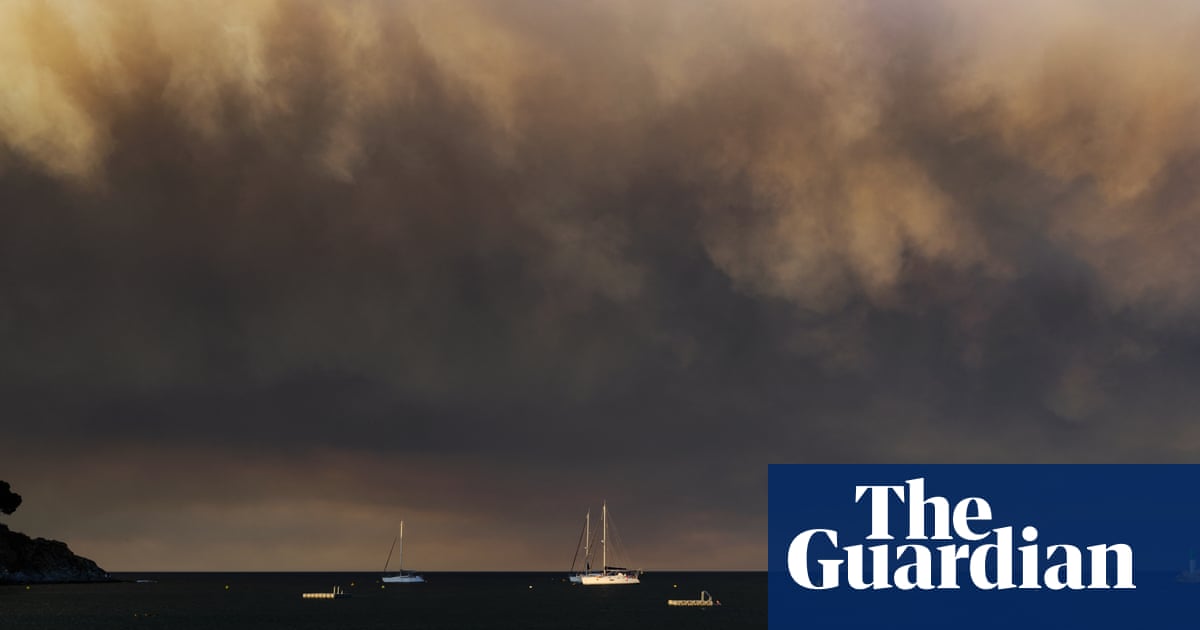
"It was a prediction nobody wanted to hear. On the main stage of the world's biggest tourism fair, Stefan Gossling, a leading researcher in sustainable transport, had just calmly announced the looming death of the holiday industry. We have already entered the beginning of the age of non-tourism, said Gossling, to an uneasy audience of travel agencies, car rental companies, cruise operators and hoteliers."
"That prophecy may sound fanciful to holidaymakers in Europe and North America who have been jetting off this summer as well as to industry executives delighted to see international tourism return to pre-pandemic highs last year but Gossling argues that as carbon pollution stokes heatwaves, fuels wildfires and ruins harvests, the cost of foreign travel will soar, and fewer people will be able to afford it."
"Eighty years from now, I'm doubtful there will be much tourism left in the world. Gossling is not short of examples of destinations already feeling the squeeze. Warm weather is melting snow that keeps Alpine ski resorts alive. Coastal erosion is stripping sand from southern European beaches. Droughts are forcing Spanish hotels to ship in fresh water as swimming pools lie empty, while wildfires are setting scenic Greek islands ablaze."
Climate-driven hazards are increasingly undermining the viability and affordability of international holidays. Heatwaves, wildfires and damaged harvests are raising travel costs and reducing demand, while coastlines and mountain resorts lose the natural assets that attract visitors. Alpine snow is melting, southern European beaches suffer coastal erosion, Spanish hotels face drought-driven water shortages, and Greek islands experience destructive wildfires. The South Aegean and Ionian islands are highly exposed due to heavy tourism dependence. Rising food prices for imports such as coffee, chocolate and olive oil will add to financial strain, which tourism businesses will likely transfer to consumers.
Read at www.theguardian.com
Unable to calculate read time
Collection
[
|
...
]